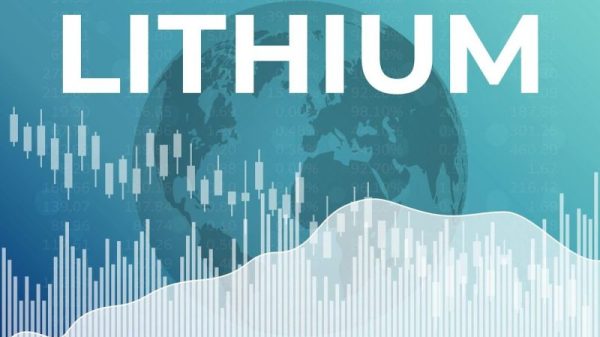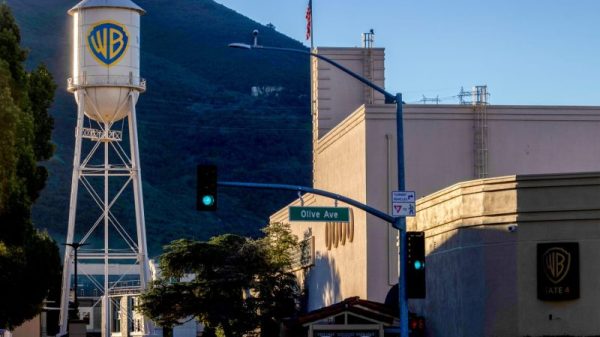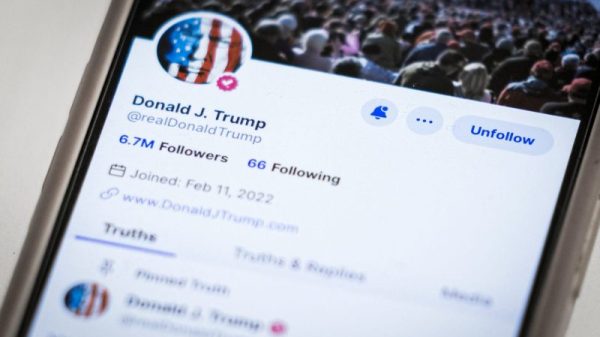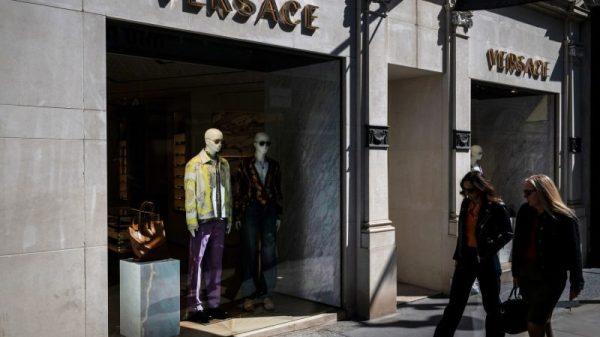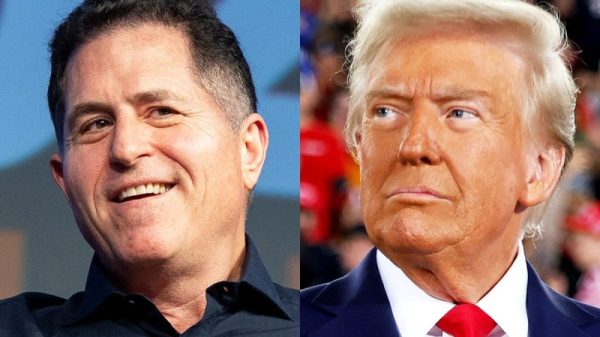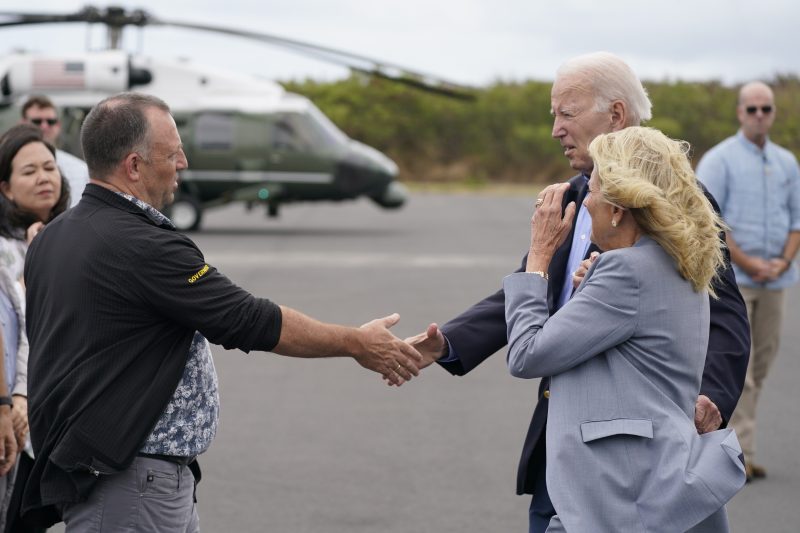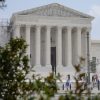LAHAINA, Hawaii — President Biden and first lady Jill Biden arrived here on this grief-stricken community Monday afternoon, touring damage from one of the deadliest wildfires in American history and attempting to channel one of the president’s signature traits: comforting those who have lost loved ones.
“On behalf of the United States of America, the American people stand with you,” he said, surrounded by burned buildings. “For as long as it takes, we’re going to be with you. The whole country will be with you.”
He motioned to his left, at a historic banyan tree that appeared to have survived, using it as a symbol of hope of rebuilding lives, businesses and the community.
“Fire cannot reach its roots,” he said. “That’s Maui. That’s America.”
Maui wildfire updates
End of carousel
Biden walked the ruins of a community where more than 100 have died and some 850 are still missing. It’s a place where homes have burned to the ground, where lives have suddenly been lost and where emotions are as raw as they are deeply felt. He arrived not only at a moment where he has mobilized the vast resources of the federal government, but also in the aftermath of criticism that he didn’t more frequently speak about the crisis in its early days, and made a brief “no comment” to reporters asking about his response to the deadly fires.
As Biden toured the damage, a number of people waved and took photos, with some holding supportive signs (“Maui Strong”) and others holding derogatory ones (“F— Biden” and “Trump won”). As the president walked down Front Street, where charred storefronts are all that remain, he paused to shake hands with a line of first responders.
Biden’s visit comes in the midst of a weeklong vacation in Lake Tahoe with his family, and he is planning to meet with local and federal first responders and with families and community members who have been impacted. He is also planning to tour the wreckage to witness the damage and the recovery efforts.
In one indication of the frequent natural disasters confronting the country, White House officials told reporters traveling from Lake Tahoe to Hawaii on Air Force One that the president had been in touch with the governors of Washington state, which is facing a number of forest fires, and California, which was hit this week with a tropical storm as well as an earthquake.
Sen. Brian Schatz (D-Hawaii) praised Biden’s response to the Maui wildfires and said that starting in the first hours of the fire, he was personally contacted by multiple Cabinet officials.
“There are some times when a president promises support, but the Cabinet doesn’t really fully internalize the message,” Schatz said in an interview. “And that’s not what’s happening here. The Cabinet is motivated to help Hawaii and figure out every way they can.”
“Every federal resource that is possible to mobilize at this stage has been mobilized,” he added. “Most of my day is interacting with the federal government and trying to figure out how we can provide more support. And if I had any complaints I would not be afraid to verbalize them.”
He said he has spoken directly with Biden — who expressed concern about not traveling to Hawaii until his presence wouldn’t be as much of a distraction to local law enforcement and recovery efforts — and is in daily contact with White House officials.
“[The president is] not the FEMA administrator so he’s not making [decisions] about when to open the road on West Maui or anything,” Schatz said. “His job is to tell the federal government to mobilize and mean it.”
He said that Biden’s lack of substantive public comment during a several-day stretch just after the scope of the fires became clear was not a factor in the work on the ground in Hawaii.
“That’s a Washington concern. I’ve never heard that concern expressed once on Maui,” he said. “That doesn’t mean you won’t find someone to complain. But my concern is whether the federal government’s power has been mobilized on behalf of Maui’s people. The rest is political intrigue on the East Coast, which is always uninteresting to me. But is especially uninteresting to me right now.”
Biden has often used natural disasters to showcase twin traits of his presidency — that of a competent government and of his empathy.
But the gap in his early public response was all the more striking because Biden early in his presidency had been determined to avoid some of the mistakes of his predecessors, who saw that a natural disaster can become politically treacherous.
George W. Bush received significant criticism for his administration’s failure to prepare for Hurricane Katrina in 2005, and then for not providing enough resources in the storm’s aftermath.
Donald Trump at times became critical of the states that were seeking help — oftentimes in areas that did not support him in the 2016 election. In 2019, for example, he threatened to cut off federal aid to California as it dealt with wildfires, accusing Gov. Gavin Newsom (D-Calif.) of mismanagement. Trump also held up an aid package for Puerto Rico for three years, calling its leaders corrupt before releasing the aid just before the 2020 election, in what Democrats called an effort to win votes in Florida.
Early in his presidency, Biden mobilized his administration to respond to weather-related incidents across the South. He held a number of calls with governors in seven states, many of them Republicans in areas that voted overwhelmingly against Biden. Some of the governors credited Biden with swiftly approving states of emergency, delivering federal resources and funding.
He called Alabama Gov. Kay Ivey (R) on her cellphone hours after she toured the site of a tornado that killed a 14-year-old boy in her state. He visited a conservative area of Kentucky — one that voted for Trump by a nearly 4-to-1 margin — in the aftermath of deadly tornadoes, telling many who were deeply skeptical of the federal government that they could count on it in their time of need.
Biden also announced in 2021 that he was doubling the amount of money that the U.S. government spends to help communities prepare for extreme weather events.
“We can never be too prepared,” Biden said during an afternoon visit to the Federal Emergency Management Agency headquarters as he announced the $1 billion in spending. “We’re going to spare no expense, no effort, to keep Americans safe and respond to crises when they arise. And they certainly will.”
Sen. Mazie Hirono (D-Hawaii), who toured the devastation with the president and other officials, said it was her hope that the community could rebuild by listening to the needs of the people there. She pointed to the banyan tree as a symbol of that hope, and she said she had spoken to an arborist who was there to make sure the tree survived.
“He said ‘The tree will tell us what it needs. And our job is to listen,’ ” she said.









